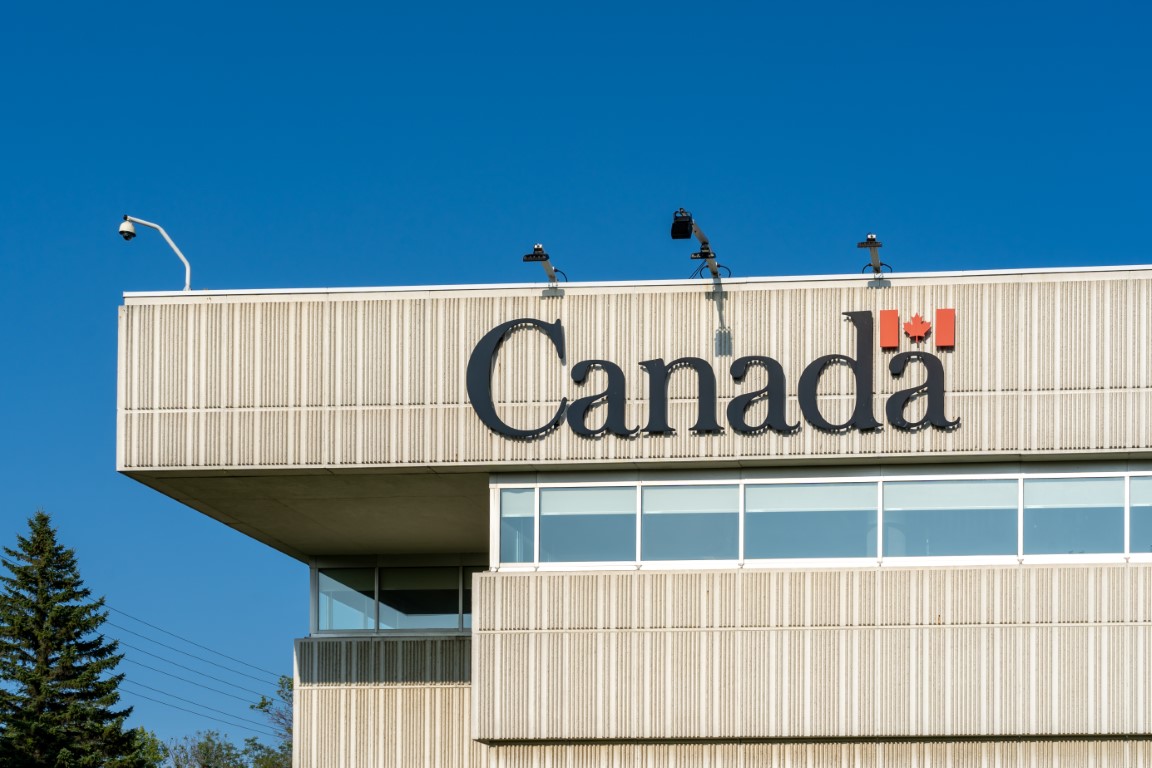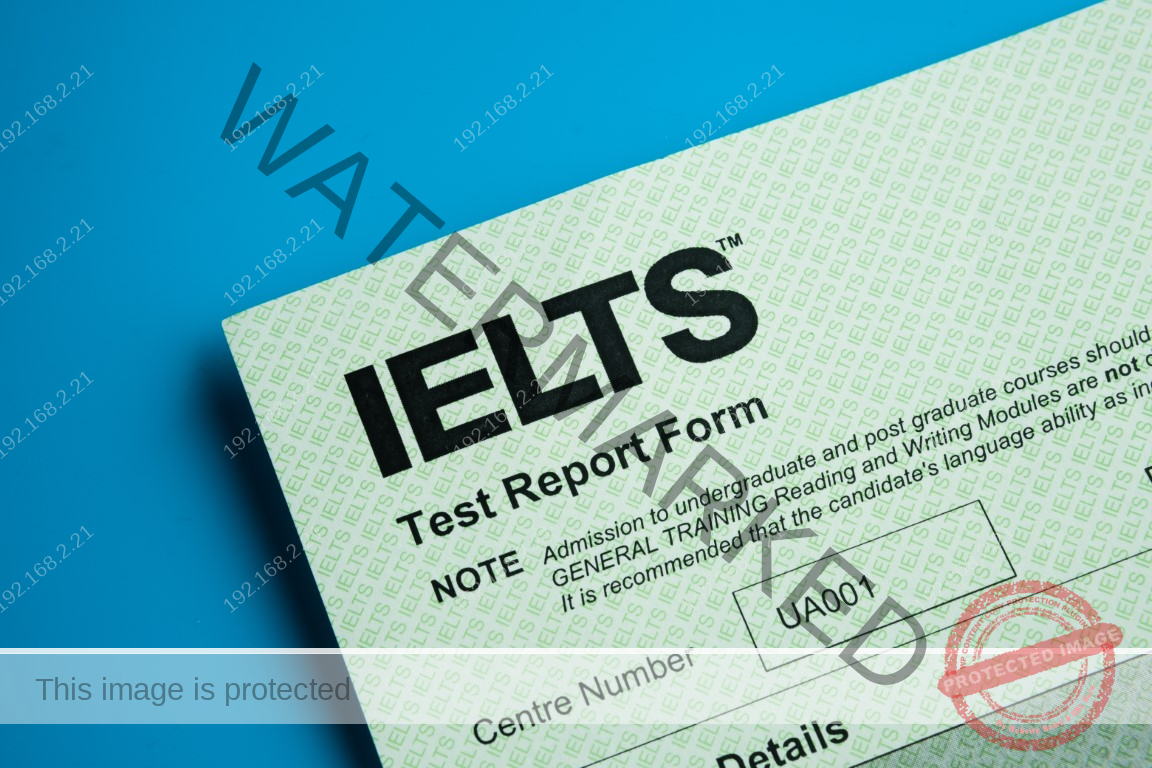In a groundbreaking announcement that promises to bolster both rural and Francophone minority communities across Canada, Immigration, Refugees and Citizenship Canada (IRCC) is spearheading innovative pilots aimed at reinforcing the nation’s demographic and economic fabric. This strategic move underscores Canada’s commitment to harnessing immigration as a pivotal force for regional development and cultural enrichment. The forthcoming Rural Community Immigration and Francophone Community Immigration Streams, both slated for launch in the fall of 2024, represent a forward-thinking approach to addressing labour shortages while promoting linguistic diversity.
Strengthening Rural and Francophone Communities Through Immigration
The Rural and Northern Immigration Pilot (RNIP) has already made significant strides in connecting remote communities with the skilled newcomers essential for their economic revitalization. With 4,595 newcomers having obtained permanent residence through the RNIP by December 31, 2023, the program has effectively mitigated labour shortages in critical sectors such as healthcare, accommodation and food services, retail, manufacturing, and scientific and technical services. This success has paved the way for the RNIP’s transformation into a permanent program, demonstrating the federal government’s dedication to sustainable community development through immigration.
The announcement made by the Honourable Marc Miller, Minister of Immigration, Refugees and Citizenship, not only signals the extension of the RNIP but also introduces new pathways for rural and Francophone minority communities to thrive. By extending the deadline for current RNIP communities to recommend candidates for permanent residence until July 31, 2024, and increasing the recommendation quotas, IRCC is ensuring that these communities can continue to benefit from the pilot, addressing their unique labour needs with skilled candidates.
The Future of Immigration in Canada’s Rural and Francophone Regions
The Rural Community Immigration Pilot aims to replicate the RNIP’s success, providing rural communities with the tools to overcome labour shortages and ensure long-term economic growth. Similarly, the Francophone Community Immigration Pilot is set to enhance the demographic weight and economic development of Francophone minority communities outside Quebec by increasing the influx of French-speaking immigrants. These initiatives are aligned with Canada’s broader immigration strategy, as outlined in the 2024–2026 Immigration Levels Plan and the Policy on Francophone Immigration’s 2024–2028 Implementation Plan, which sets ambitious targets for French-speaking immigrants.
The community application process, opening this spring, will select participating communities for the pilots, further details of which will be shared in the months to come. These pilots are a testament to IRCC’s ongoing efforts to refine Canada’s immigration system to better serve both the country’s and newcomers’ needs, as highlighted in the report “An Immigration System for Canada’s Future.”
A New Chapter in Canadian Immigration
The initiatives announced by IRCC mark a significant milestone in Canada’s immigration landscape, emphasizing the critical role of rural and Francophone minority communities in the nation’s long-term growth. By creating pathways for skilled foreign workers to integrate into these communities, Canada is not only addressing immediate labour shortages but also ensuring the economic and linguistic vitality of its diverse regions.
The collaborative spirit between the government, local communities, and stakeholders underscores a collective commitment to leveraging immigration as a catalyst for regional development and cultural preservation. As we anticipate the launch of these pilots, it is clear that Canada is setting a global standard for innovative and inclusive immigration policies.












